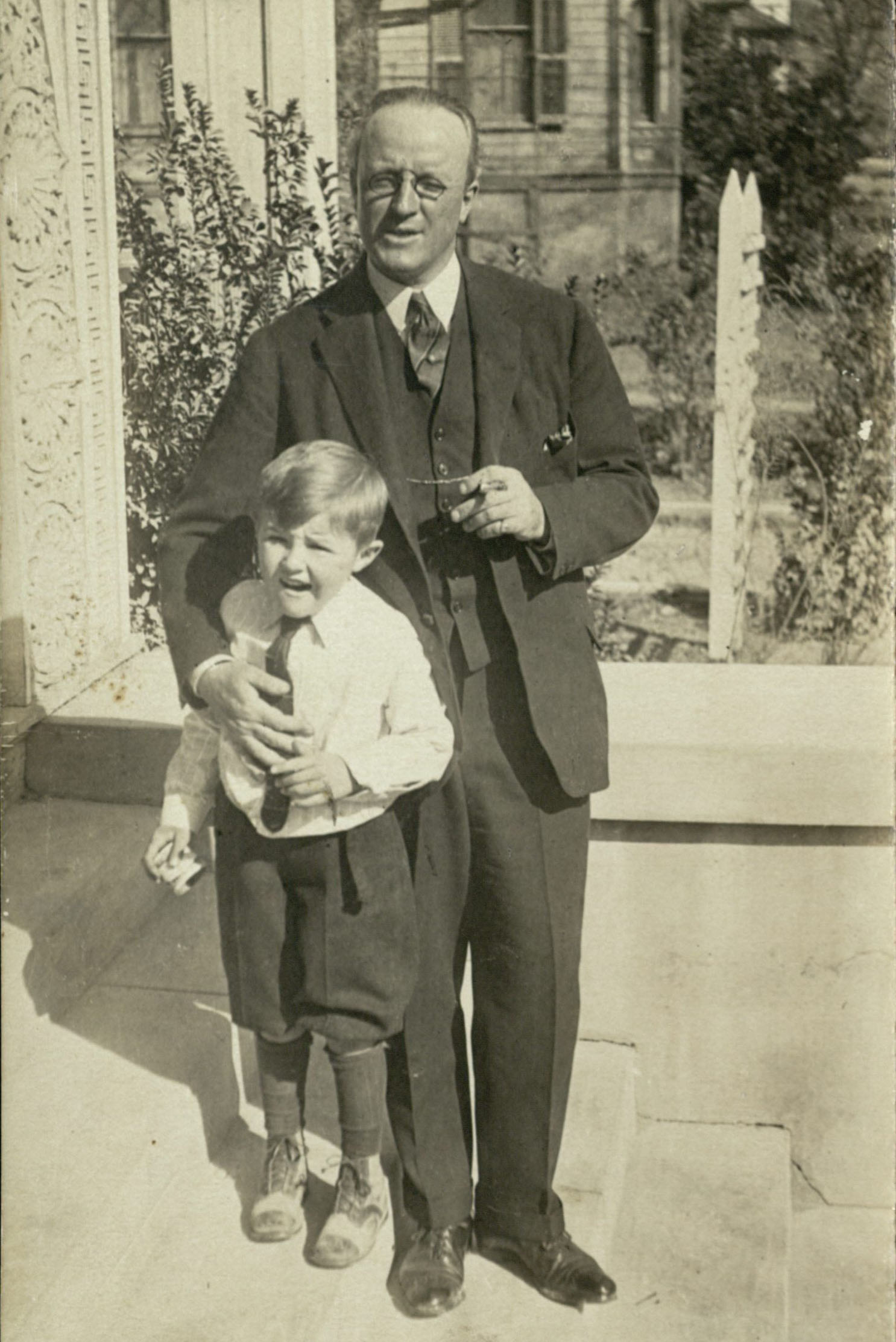For the first five weeks of the spring 2013 semester, we’re putting up teasers about the fascinating Baylor history that Higher Education and Student Affairs students analyzed and shared on the class’ blog. So far we’ve explored students and student organizations, curriculum, and finance at Baylor. This week we’re exploring Access at Baylor, and students found that for women, students wishing to gain a more global education, and students lacking financial means, access could be limited. Did you know that…

- While Samuel Palmer Brooks and other leaders supported women’s suffrage, traditional roles also were celebrated for Baylor women, for whom studies in the domestic sciences and arts were emphasized over other academic pursuits. Explore the constraints and opportunities for Baylor women in the early 1900s.
- Foreign language clubs and visiting lecturers helped give students a broader worldview in the early 1900s. But professors who had traveled and studied abroad were the main resource for opening students’ eyes to the international community beyond Texas and the U.S. Learn more about how students learned about other cultures before study abroad became readily available at Baylor.
- President Brooks allocated more than $13,000 (about $300,000 in today’s dollars) to tuition and other financial support of ministerial students in 1912. Discover other ways that Baylor responded to student financial needs, from scholarships to jobs to correspondence courses.
We hope you’ll explore these blog posts and enjoy the benefits of the HESA students’ research and scholarship. If you’re inspired to dig deeper, most of their sources can be found in the University Archives within The Texas Collection and in our digitized materials available online in the Baylor University Libraries Digital Collections.
Background on this project: Students in the Higher Education and Student Affairs (HESA) masters program have taken on the challenge of creating original scholarship that adds to what is known about Baylor’s history between 1900 and 1920. As part of Dr. Nathan Alleman’s Foundations and History of Higher Education course, students were grouped under the five class themes: curriculum, finance, students/student groups, access, and religion. In collaboration with Texas Collection archivists and librarians, students mined bulletins, newspapers, correspondence, and other primary resources as they researched their topics. Final papers have now been posted on a University-hosted EduBlog site and grouped by their particular sub-topic so that patrons, researchers, and other interested persons could benefit from these students’ work. This is the first installment of an annual accumulating project–please visit again for future installments.













